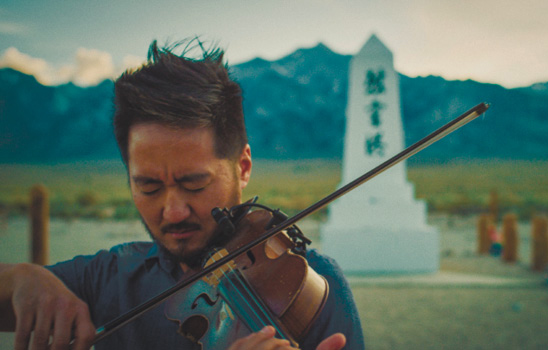By David Yamaguchi The North American Post
February 19, 2022 marks the 80th anniversary of Executive Order 9066, when President Franklin D. Roosevelt authorized the Secretary of War to demarcate the West Coast into military zones. This cleared the way for the removal and incarceration of 112,000 Japanese Americans from them.
Less well known is Public Law 77-503, enacted March 21, 1942. It put teeth behind the order by making disobeying military orders a misdemeanor punishable by up to $5000 in fines, a year in prison, or both. In relative terms, a typical house at the time cost $3775.
What is new today about these actions is primarily the broader knowledge and recognition of them as a racist chapter of American history. Notable evidence of this is Daniel James Brown’s “Facing the Mountain” (review, napost.com, Aug. 20, 2021). Brown’s high profile — as the author of “Boys in the Boat,” a New York Times bestseller — and superb word-craft are getting the JA story out there.
Recent efforts by the Seattle Symphony are also admirable. Its calendar highlights two EO9066 concerts featuring the music of composer Paul Chihara and violinist Kishi Bashi (Jan. 27 & 29). Tickets to both concerts include an added immersive multimedia exhibit “Pictures of EO 9066” (10 min.) which includes the photography of Dorothea Lange. The exhibit will again be available February 19 ($12 general admission; EO9066 concert ticket holders will receive free entry on the day of their show with their ticket).
Lastly, the 1948 case of “Abo v. Clark” dispels the notion that EO 9066 is ancient history, far removed from our present lives. Profiled in “Rebel Lawyer, Wayne Collins and the Defense of Japanese American Rights” (Charles Wallenberg, 2018), the case involved the restoration of US citizenship to 2300 JA renunciants who had “relinquished” their citizenship under incarceration duress. Lead plaintiff Tadayasu Abo’s individual case was not settled until February 1957, when a federal judge stated that “Abo had never lost his citizenship” despite years of conflicting statements from the US Dept. of Justice.
As “Abo” is a name we read now and then in the Omoide column, I emailed Joe Abo to find out if the litigant was a relative of his. Joe wrote back: “Yes, Tadayasu was my father. He died in 1988.







